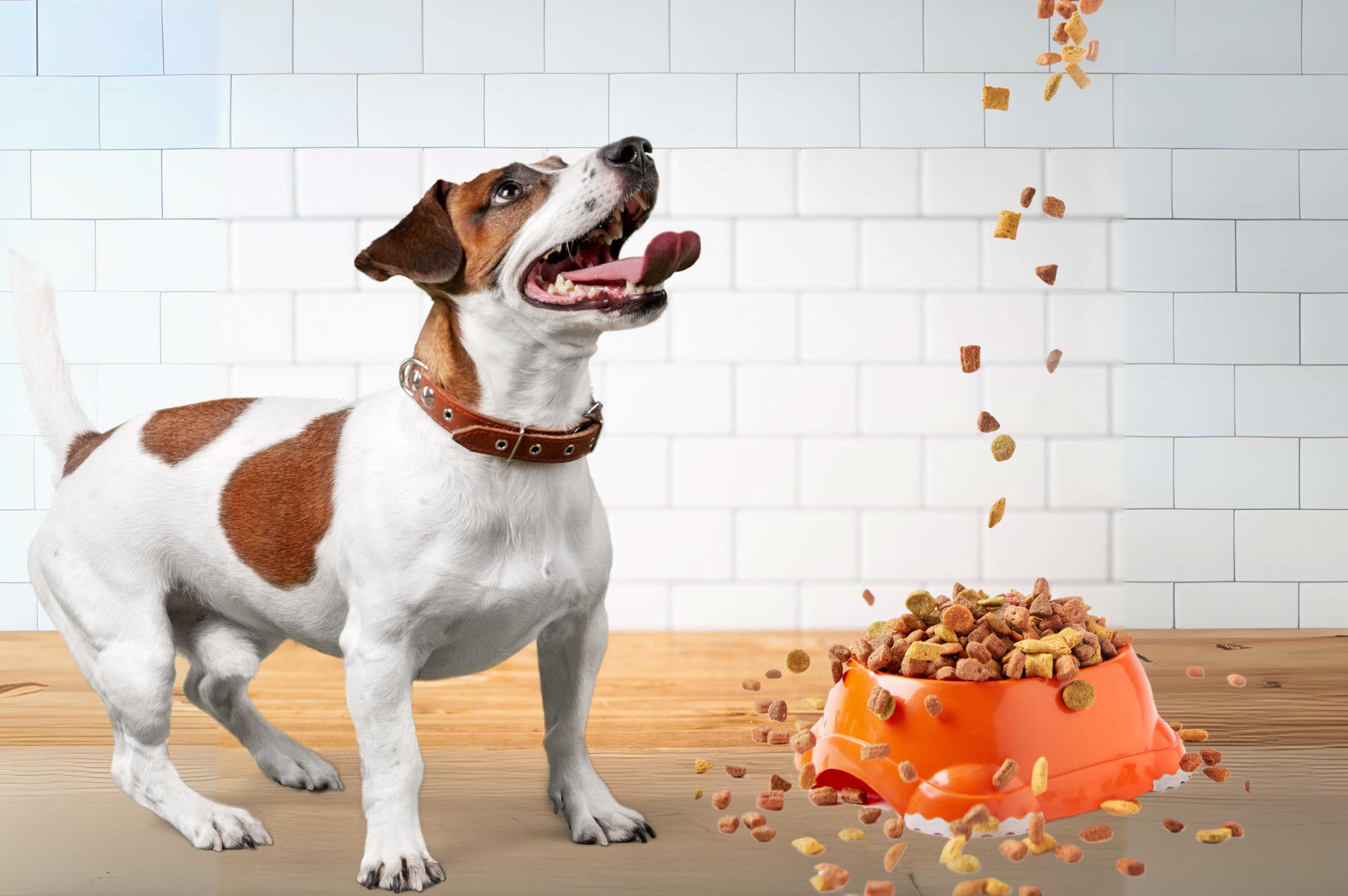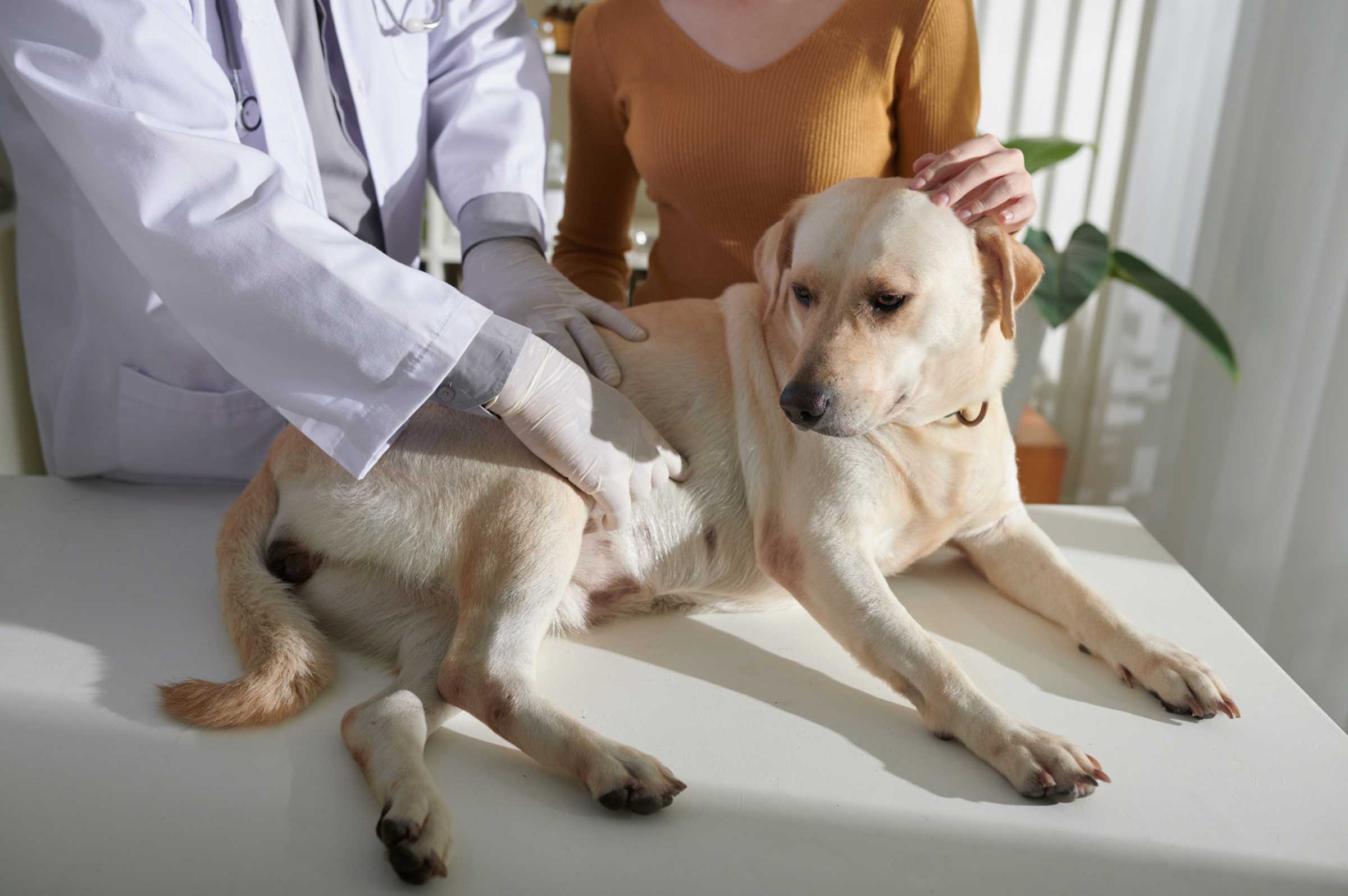Worms in dogs can be more than just a nuisance—they can lead to serious health issues if left untreated. While a vet’s guidance is invaluable, there are various home remedies for dog worms that can help manage the problem naturally. These methods focus on using natural dewormers for dogs to get rid of worms in dogs naturally. This blog will guide you through how to treat worms in dogs at home, ensuring your pup stays healthy and happy without frequent trips to the vet.
Natural Remedies for Dog Worms: Nature’s Cure
When it comes to treating worms in dogs, natural dewormers for dogs are an excellent first line of defense. Pumpkin seeds are one of the best options for how to remove worms from dogs at home. They contain cucurbitacin, which paralyzes the worms, making it easier for your dog to expel them. Carrots, too, are a great addition to your dog’s diet, as their high fiber content helps in the natural removal of worms.
Another effective option is herbal dewormers for dogs, such as turmeric and apple cider vinegar. These have been used for centuries as a natural remedy for worms in dogs and can be a powerful tool in DIY dog deworming. However, always ensure you are using safe home remedies and in the correct amounts for dog worms, as some herbs can be toxic if not used correctly. Make sure you consult with your vet or health care specialist before starting any natural deworming process.
How to Treat Worms in Dogs at Home: A DIY Guide
Dog deworming without a vet is possible when you know what to look for and how to act. Begin by incorporating natural dewormers into your dog’s diet. Regularly using organic dog worm treatments like apple cider vinegar and coconut oil can help prevent worms in dogs without a vet. Apple cider vinegar, for instance, changes the pH of your dog’s intestines, making it less hospitable for worms. Coconut oil, on the other hand, boosts your dog’s immune system and improves overall digestive health. Medicinal mushrooms, like turkey tail and maitake, are also great at boosting your furry friend’s immune system. VetSmart Formulas Critical Immune Defense is a great way to incorporate mushrooms into your dog’s diet. Be sure to follow the recommended dosing for any DIY process.
When considering how to deworm a dog naturally, cleanliness is crucial. Ensure that your dog’s living area is kept clean and that you’re removing any feces immediately to prevent reinfestation. Regular grooming and bathing also play a significant role in worms in dogs home treatment, as these practices help reduce the chances of your dog coming into contact with worm eggs.
Prevent Worms in Dogs Without a Vet: Prevention is Better Than Cure
Preventing worms is always easier than treating them. One of the most effective ways to prevent worms in dogs without a vet is by maintaining a healthy diet rich in natural ingredients. Feeding your dog a balanced diet, including safe home remedies for dog worms like pumpkin seeds and carrots, can help create an environment in their digestive system that is less favorable to parasites.
Regular use of organic dog worm treatments can also serve as a preventive measure. For example, adding a small amount of apple cider vinegar to your dog’s water can help maintain a slightly acidic environment in their gut, which is inhospitable to worms. Coconut oil, given in moderation, can improve your dog’s overall health and reduce the risk of worm infestations.
DIY Dog Deworming with Natural Remedies
DIY dog deworming is not only possible but can be highly effective when done carefully. By using natural remedies for dog worms and following a consistent routine, you can treat dog worms without medication and keep your dog healthy. However, it’s important to remember that while these methods can be effective, they should complement professional veterinary advice. If your dog has a severe infestation or if you’re unsure about any remedy, always consult your vet.
Final Thoughts: Consulting Your Vet is Still Essential
Even when using natural remedies and home treatments, it’s essential to involve your vet in your dog’s care. While dog deworming without a vet can be successful with the right knowledge and tools, some cases require medical intervention. Always prioritize your dog’s health by seeking professional advice when needed. With the right balance of natural treatments and veterinary care, you can help your dog live a worm-free, healthy life. Head over to the VetSmart Formulas page for all the supplements you need to help your furry friend be happy and healthy!











